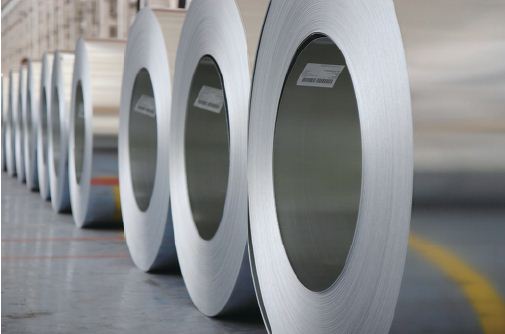In the News: China's Faltering Economy; Mengniu Proposes Australian Purchase; and Chinese Policymakers Want Business Input
September 23, 2019 | BY
Vincent ChowChina's economy continues to slow as August data paint worrying picture; Chinese dairy giant Mengniu proposes to buy Australian infant formula maker; and the NDRC outlines plans to incorporate more business input in policy-making





